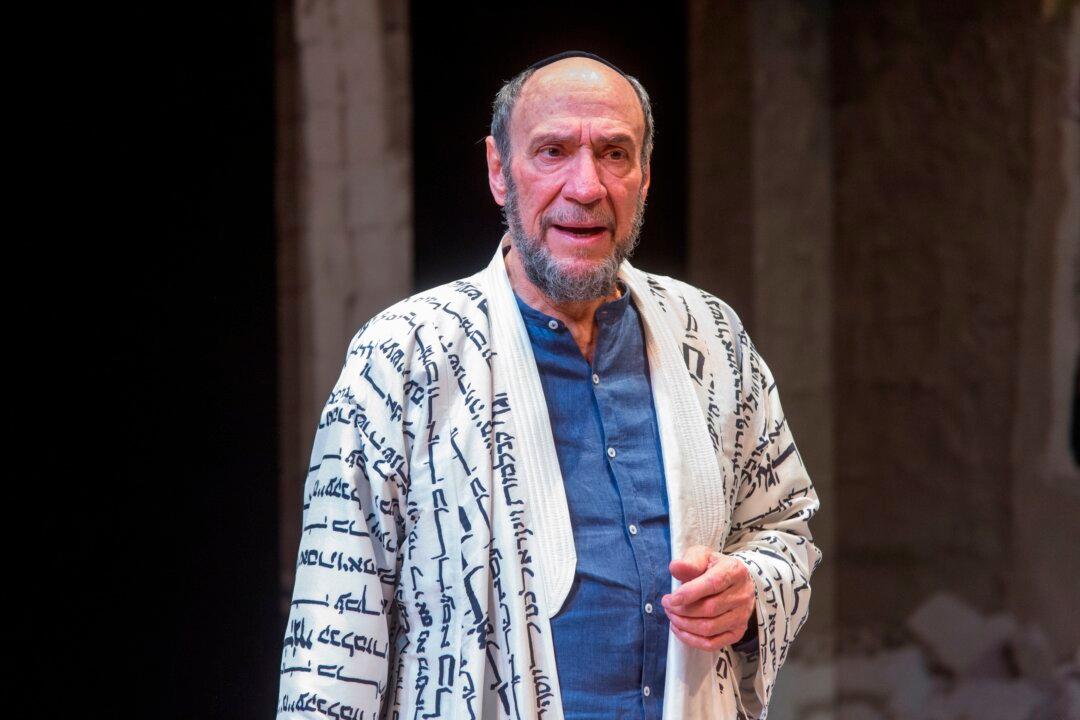NEW YORK—Set in Jerusalem in 1192, this morality tale written in the 18th century by German writer Gotthold Ephraim Lessing readily and painfully translates to events in our own time.
The play (translation by Edward Kemp) deals with religious intolerance by spinning an intricate tale, presenting us with examples—and clashes—of the three major Western religions: Christianity, Islam, and Judaism. Presented by the Classic Stage Company and directed by Brian Kulick, it stars F. Murray Abraham in the title role.
The play leaves one considering how alike rather than different we all are.





